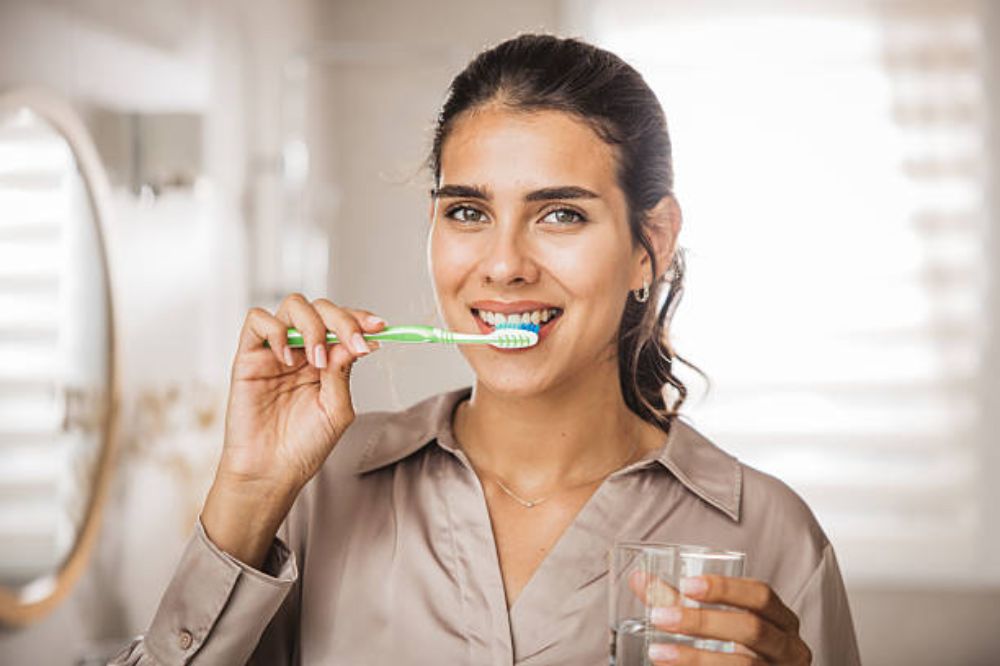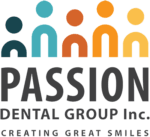
Taking care of your teeth is not only a matter of visiting the dentist regularly, but it starts with daily actions at home.
Good oral hygiene prevents cavities, gum disease, and bad breath. However, many people ask, “What do I actually need for good oral care practices at home?”
Let’s simplify your home care routines so you can be aware of what you need to use and why.
Daily Habits Begin With Dental Home Care
The foundation of good oral health is dental home care. This includes brushing your teeth twice a day and flossing at least once.
While brushing as a habit looks basic, make sure to use the right brush and technique to achieve better results.
Using a soft-bristle toothbrush might be the right idea, as it helps heal your gums, and pair it with fluoride toothpaste to strengthen the enamel and prevent cavities.
- Brush for 2 minutes to cover all surfaces
- Replace your toothbrush every 3–4 months
- Don’t skip flossing; brushing alone misses about 40% of plaque.
Why You Still Need a Dentist
Even with the best home care, you still need to see a professional from time to time.
While a dentist near you can spot dental problems as they are developing, remove calculus (tartar) buildup that you can’t remove with home-care techniques, and give you personalized advice based on your oral habits, regular visits will also ensure oral cancer screening and gum health screening, which cannot be replicated at home.
Think of it in simple terms: your oral care at home involves maintenance, while your dentist is doing regular tune-ups and prevention of your oral health. Both are critical.
Choosing the Right Dental Home Care Tools
Not all dental products are created equal. Picking the right dental home care tools makes oral care easier and more effective. Here is a short list of essentials:
- Soft-bristled toothbrush (manual or electric)
- Fluoride toothpaste to help prevent cavities
- Dental floss or floss picks to clean between teeth
- Mouthwash to freshen breath and provide further protection against decay and disease.
Pro tip – You might especially benefit from an electric toothbrush if you have difficulty brushing with a manual toothbrush.
Stocking Up on Essential Oral Care Products
In addition to the basics, some important oral hygiene products could help enhance your daily routine:
- Tongue scrapers – remove bad breath-causing bacteria
- Interdental brushes – ideal for those who wear braces or have spaces in their teeth.
- Fluoride rinses – additional comfort for those who are cavity-prone.
- Sugar-free gum – helps stimulate saliva to rinse away food debris.
These products are not a requirement, but they could help give you that little extra edge in keeping your smile healthy.
When to Consider Dental Tools for Home Use
Some people explore advanced dental tools for home use, like water flossers or plaque removers. While these can be effective, they should never replace regular brushing and flossing. People who have braces, bridges or sensitive gums can use a water flosser.
But be careful: professional dental tools, like scalers, should not be used at home without guidance. Misuse can harm your enamel or gums. Always ask your dentist before adding specialized tools to your routine.
Final Thoughts
Oral health care doesn’t have to be challenging. Avoiding most oral health problems is simple if you stay consistent with the right dental home care tools. Remember that while the use of dental tools at home is important, there is no substitute for regular visits by a trusted practitioner.
At Uplands Dental Clinic, our team is here to help you at each step of your oral health journey. From a quick consultation to dental care, we are here for you.
FAQs About At-Home Oral Care
Q1. Is brushing twice a day enough?
Yes, but only if you’re brushing for two full minutes with fluoride toothpaste. Don’t forget daily flossing.
Q2. Are electric toothbrushes better than manual ones?
Electric toothbrushes are usually better at removing plaque, especially if you are struggling with technique, although both appliances are effective.
Q3. Should I use mouthwash every day?
Yes, but go for the alcohol-free formula to reduce the chances of dry mouth. Mouthwash should supplement, not replace, brushing or flossing.

